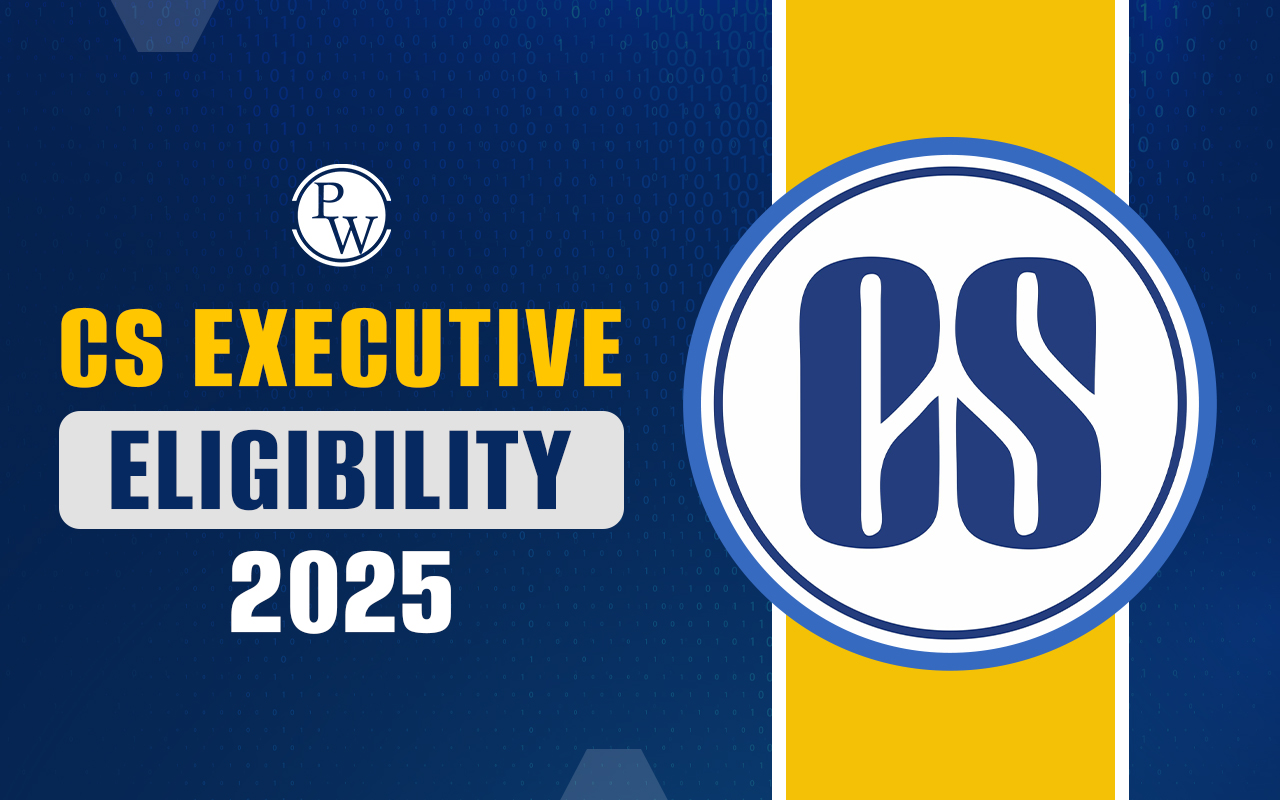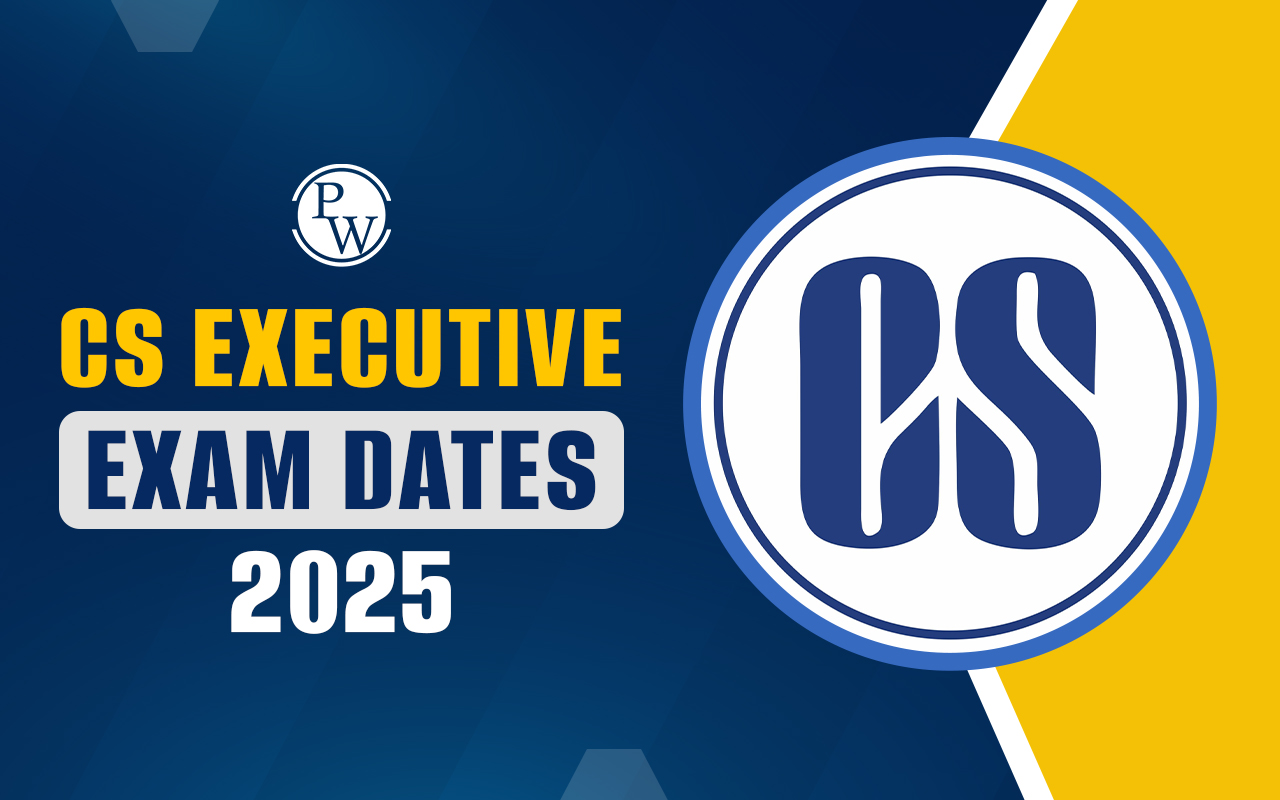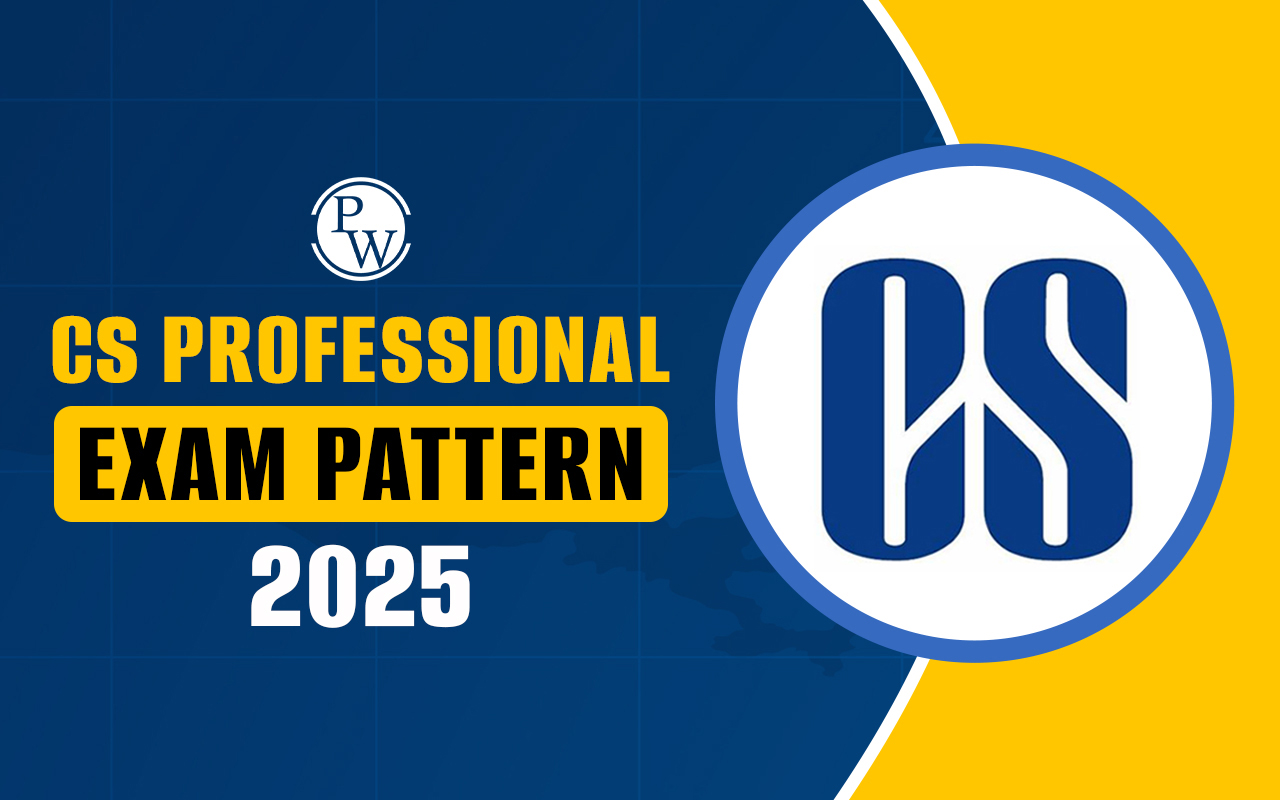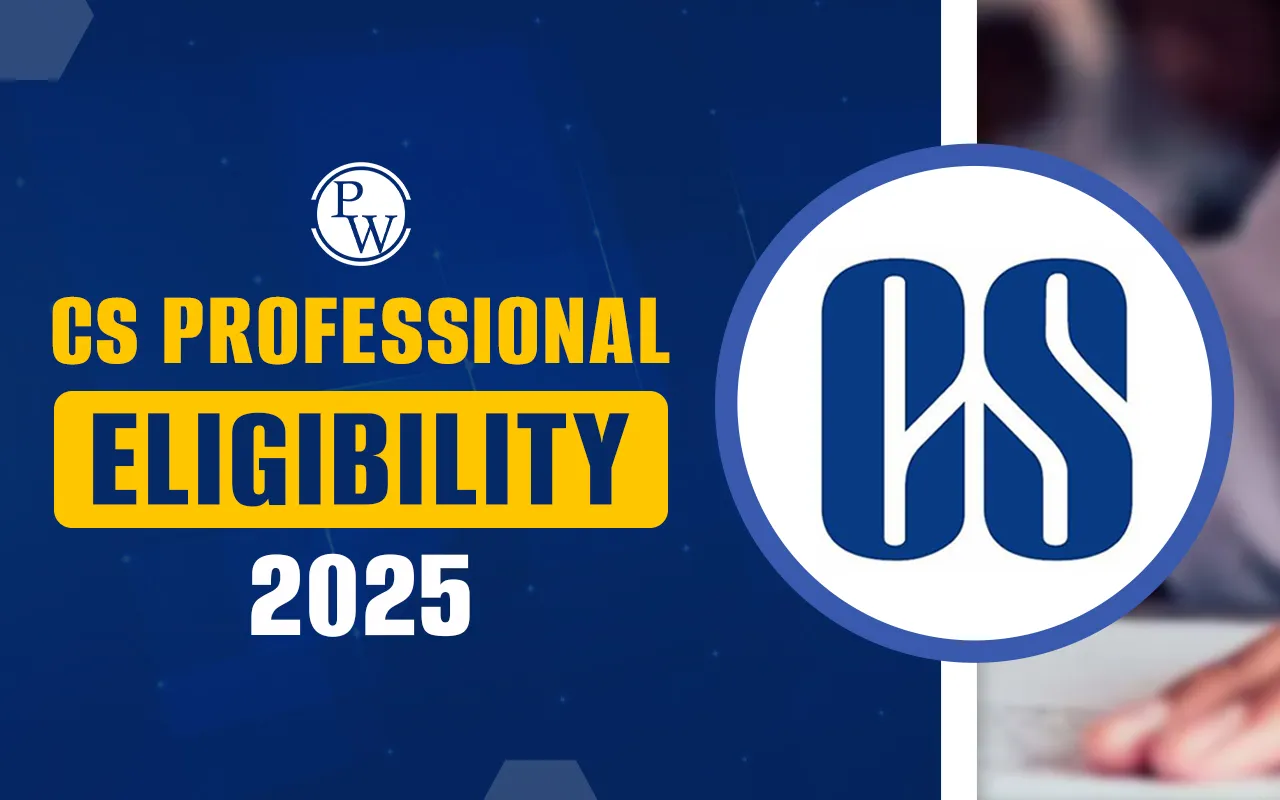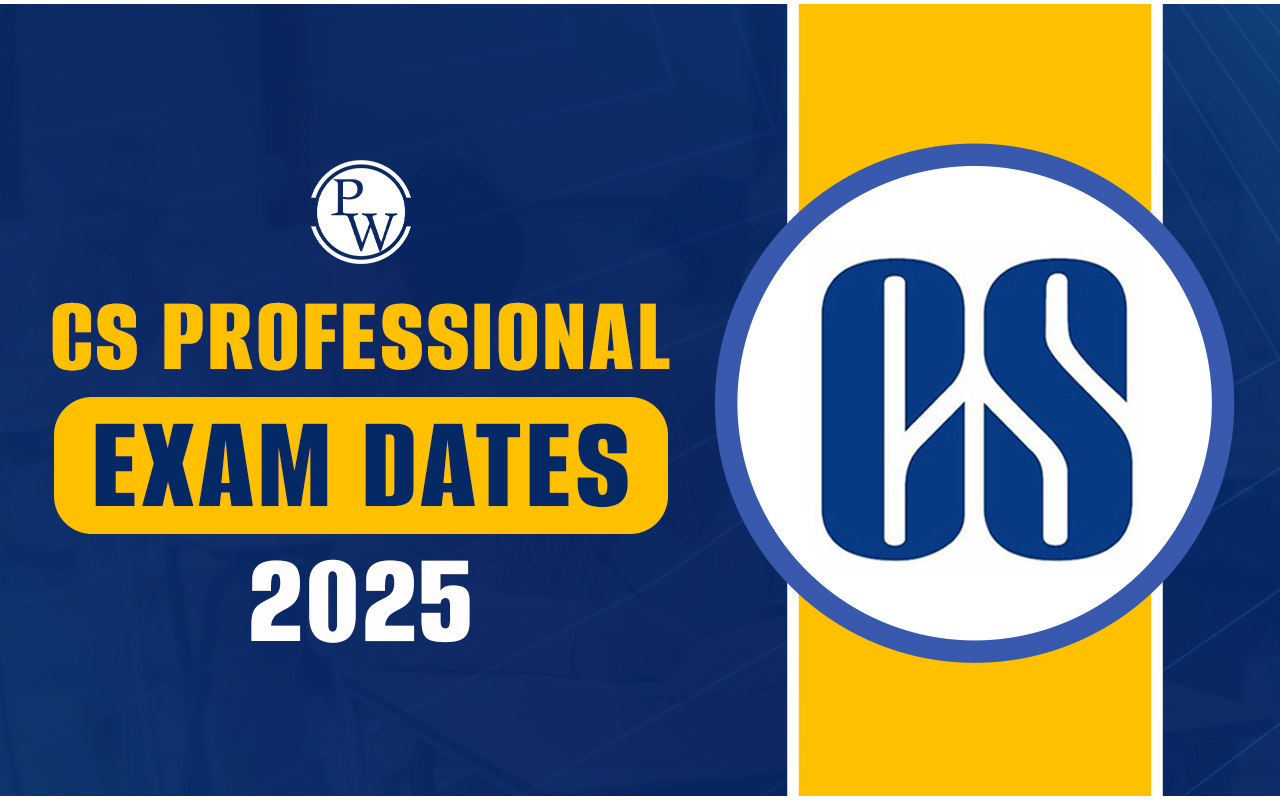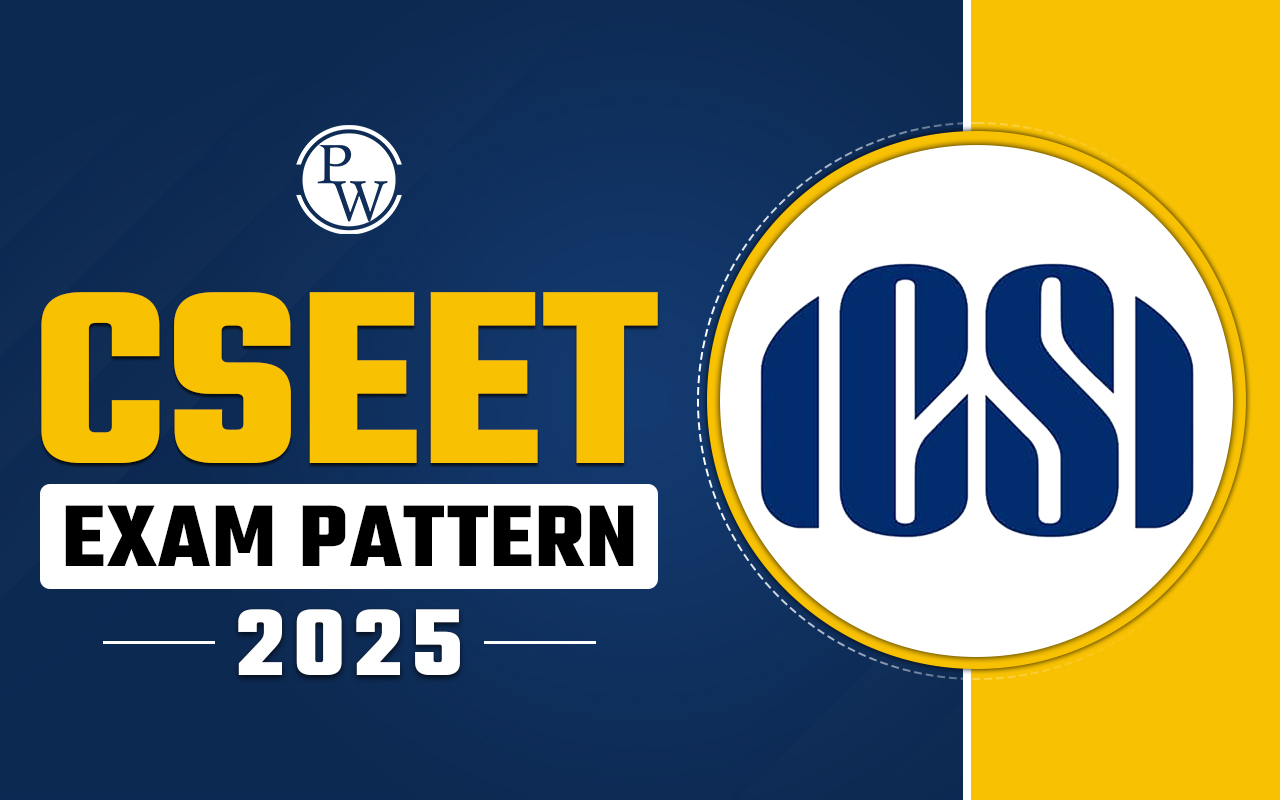
Degree to Pursue Along with CS: CS (Company Secretary) and CA (Chartered Accountant) qualifications are enough for a promising career. However, having extra qualifications can be helpful in today's job market. Employers often prefer candidates with multiple credentials, and job ads usually mention that additional qualifications are a plus.
By adding more qualifications, like advanced degrees or specialized certifications, you can gain an edge and have more job opportunities. This article will discuss other degrees you can take with the Company Secretary (CS) course to enhance your career.Why Pursue Another Degree Along with CS?
While a CS qualification is sufficient for a rewarding career, employers increasingly seek candidates with additional expertise in finance, law, and business management. Pursuing an extra degree helps:
- Expand career opportunities across multiple domains
- Increase job security and financial growth
- Strengthen expertise in legal, finance, and corporate governance
- Gain a competitive advantage in the job market
Degree to Pursue Along with CS
The Company Secretary (CS) course focuses on legal compliance, so adding a complementary qualification can boost your career as a compliance manager and legal expert. Here are my suggestions for additional classes to pursue alongside or after CS.1. Combining CS with LL.B
Combining CS with LL.B. is highly beneficial for management-level roles.LL.B. enhances your understanding of corporate law and legal tasks, which complements your CS qualification. The other details of combining CS with LL.B are given below:- With CS and LL.B., you can handle legal and litigation work, including liaising with lawyers, representing the company in court, and drafting contracts.
- The combination of CS and LL.B. is highly valued and opens up many job opportunities in the legal and compliance fields.
- You can start your LL.B. during or after your CS training. Gaining legal experience during your CS training is recommended.
- LL.B. allows you to manage legal and secretarial work, potentially leading to roles like legal and secretarial head.
2. Combining CA with CS
This combination is highly regarded and preferred in the industry. It allows you to effectively manage a company's secretarial and finance departments, covering many responsibilities. The details of combining these two-degree courses are mentioned below:- Many job roles for CS professionals now also require finance, accounts, and taxation expertise. A CA qualification helps you meet these expectations and increase your job prospects.
- Holding CA and CS qualifications provides a significant advantage, allowing you to confidently handle financial and secretarial tasks.
- With both CS and CA qualifications, you are well-positioned for senior roles, such as Finance and Secretarial Head, reflecting your ability to oversee both departments effectively.
3. MBA in Finance with CS
You can pursue an MBA in Finance from a well-known university or college along with CS. The various benefits of combining these two programs are mentioned below:- An MBA in Finance helps you develop and think like a finance professional.
- The program enhances your administrative abilities.
- Merging MBA Finance with your legal and compliance skills enhances your expertise.
- With an MBA in Finance, you gain knowledge of top management, strategic, financial, business administration, and business development.
- This combination gives you a well-rounded professional with extensive compliance-related skills.
4. NCFM Course with CS
If you're interested in the securities market, consider the NCFM course offered by the National Stock Exchange (NSE) in Mumbai. The details of the course are mentioned below:- NCFM is a well-known short-term course providing solid knowledge in derivatives, merchant banking, share trading, and forex.
- This course pairs well with the CS course, especially for those working as a CS in a listed company related to the securities market.
- The NCFM course helps you understand the securities market better, which is valuable for a CS.
- There are various branches and certification courses under NCFM, and you can choose one based on your interests.
5. Chartered Financial Analyst (CFA-India) with CS
The Chartered Financial Analyst (CFA-India) course is regulated by the Institute of Chartered Financial Analysts of India (ICFAI) University. This course is offered as a distance education program, allowing students to study remotely and at their own pace. The details of the course are mentioned below:- The CFA course suits students pursuing a career in the investment industry, providing in-depth knowledge and relevant skills.
- Qualified CFAs have excellent career prospects in various financial organizations, including banks, insurance companies, and other financial institutions.
- For Company Secretaries (CS), pursuing the CFA course can be a valuable additional qualification, enhancing their expertise and broadening their career opportunities in finance and investment.
- Combining CS with CFA professionals with a comprehensive understanding of corporate compliance and financial analysis makes employees highly versatile and valuable.
Additional Certification Courses by ICSI
The Institute of Company Secretaries of India (ICSI) offers certification courses to enhance CS students’ and members’ knowledge. Some of these include:
Valuation: Techniques for asset and business valuation
Banking Compliance: Regulatory and compliance aspects of banking
Compliance Management: Managing corporate compliance responsibilities
Risk Governance in Insurance: Understanding risk management in the insurance sector
These short-term certifications provide additional expertise and career advantages in specific industries.
Advantages of Pursuing Other Degrees Along with CS
Company Secretaries have many responsibilities in a company, such as handling secretarial, legal, and international law compliance activities. Factors like your interest, the course cost, how long it takes, and the time needed to complete it will all influence your decision to pursue a degree in CS. The various advantages of pursuing the other qualification degrees along CA include the following:Enhanced Knowledge: You gain broader and more profound knowledge in various fields, which can improve your overall expertise.
Better Job Prospects: Having multiple qualifications makes you more attractive to employers, increasing your chances of landing better job opportunities.
Higher Salary: Employers often offer higher salaries to candidates with multiple credentials due to their diverse skill sets.
Career Flexibility: Additional degrees provide more career options and the flexibility to switch roles or industries if desired.
Competitive Edge: You stand out from other candidates, giving you a competitive advantage in the job market.
Improved Skills: You develop a more comprehensive range of skills, including management, legal, and financial skills, making you more versatile.
Networking Opportunities: Pursuing other degrees allows you to meet and connect with professionals from different fields, expanding your professional network.
Personal Growth: Continuous learning and acquiring new qualifications contribute to personal and professional growth.
Pursuing additional degrees along with CS can significantly improve career prospects and professional growth. The choice of an extra qualification depends on your interests, career goals, and industry demand. Whether you opt for LL.B, CA, MBA, NCFM, or CFA, each combination adds value to your career.
We hope this article helps you make an informed decision on advancing your career alongside the Company Secretary (CS) qualification.
Join PW CS Online Courses and build a strong foundation in corporate laws and governance with structured learning and dedicated support.
Degree to Pursue Along with CS FAQs
What is the best combination with CS?
Is CS demand increasing?
What is the average salary of a Company Secretary in India?
Is CS easier than CA?

